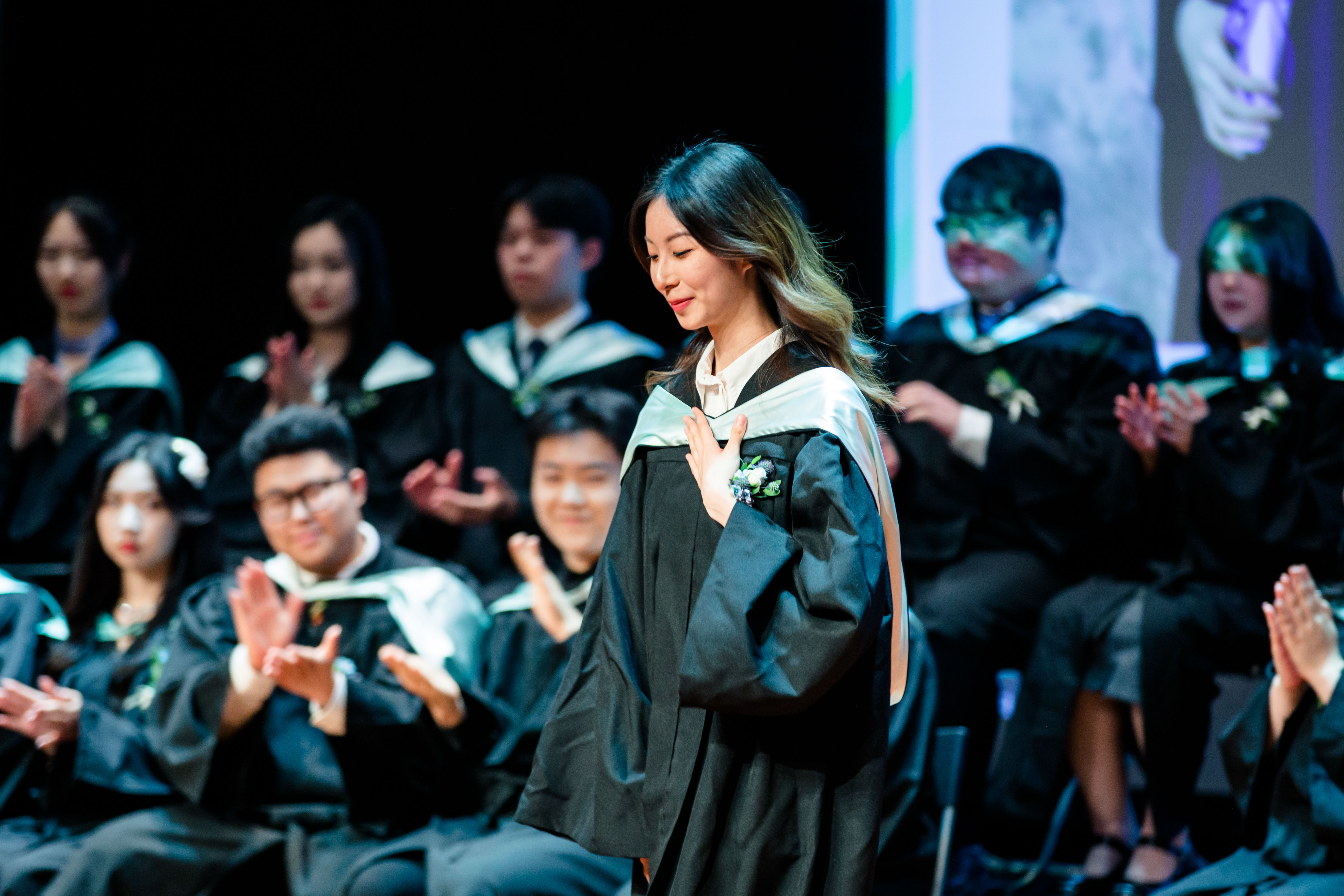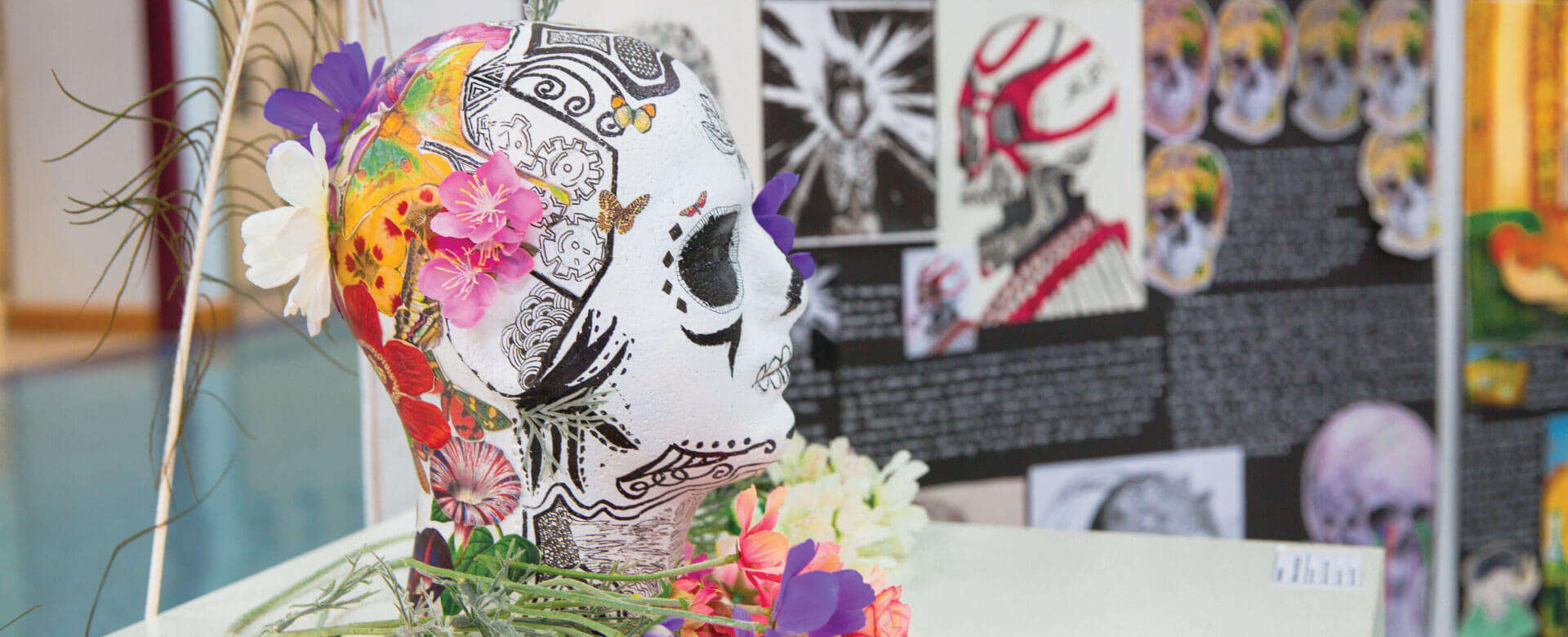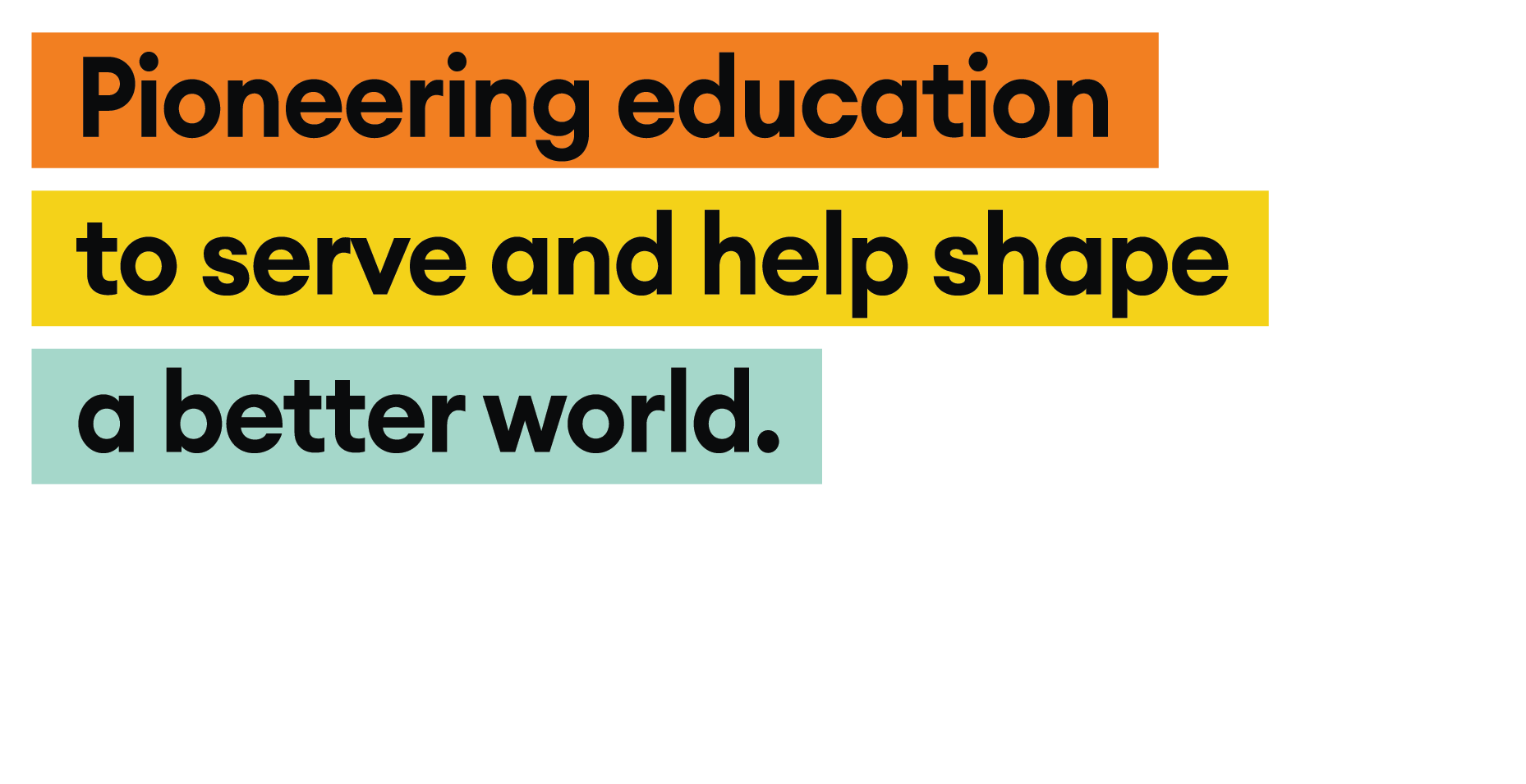The Master's End of Year Letter


From the Master
Mr. Julian Jeffrey
Every year around this time, I am keen to share with families some of the highlights of the year and, perhaps more importantly, the key areas of focus for the school’s development next year.
It is sometimes hard to remember what happened as long ago as last August; we have all been through so much since that time. However, if you recall, we began the year by announcing another set of record results in public examinations at IGCSE and A Level. Our results, with A* being the most common grade at IGCSE and an average value-added score of +1.78 grades / pupil / subject are a testament to the hard work of the pupils and the support of their teachers. Value-added is a useful guide for parents and teachers as it measures progress against expected targets (for example, the CAT4 targets).


One part of the school that has undergone very rapid development in the past 12-18 months is ELA, or English language acquisition. The emphasis now is integration of pupils into mainstream classes as quickly as possible, and once there, to support them with ELA in-class teachers, TAs and teachers to help them to develop confidence in the use of academic English and vocabulary. By immersing themselves in extra English classes on arrival, even the most beginner-level English speaker will grow into competence – and confidence – quicker with each week. We also have the ‘year of word’ coming up, to replace last year’s year of the book. This means more reading and speaking opportunities; exploring qualifications in speech and drama through the ASA programme; poetry and creative writing; more access to library books and structured reading programmes. The updated language policy will be published in the summer, supporting further the use of English across our community. FOW English classes will continue to be offered in the coming year. Reading in mother tongue is also encouraged – it promotes a love a of reading and a curiosity of the world around us.

Independence in learning – developing resilience and self-confidence, not just working in isolation – is a key longer-term goal. No young person should leave Wellington feeling that their progress to academic success relies on another; each one of our pupils has the ability to succeed – it is our role to foster that spirit and help pupils to overcome the setbacks in learning that hit all of us from time to time. The goal is better exam candidates – because they have the mental tools to be able to adapt to challenging situations – and more resilient young people, better able to think on their feet and be creative with solutions.
There are also academic developments in individual areas of the school (the Nest, Junior School and Senior School): each part of the school has its own specific development areas of focus, of course, and I wanted to highlight some of them.
In the Nest,
the most obvious change will be that Mrs Zantua moves back to the US this summer, but in her place, I am delighted to report that we have recruited one of the UK’s most experienced early years’ head teachers. Mrs Jan Bennett will be joining us from August to lead the team here in Tianjin. Jan has been a head teacher and school improvement officer (a little like the school superintendent role in the US) since 2003 and brings with her a wealth of experience and passion for early years education.




Other changes you will notice in the Nest are a stronger focus on proactive communication with parents; development of the bilingual co-teaching model which is now being rolled out across all the schools in the Wellington group; more opportunities for younger children to experiment with science, technology, maths and engineering as part of a STEM package that will extend into the Junior School; and a further adoption of the outdoor learning resources we have created over the past 12 months. The aim is to offer greater variety of learning to our pupils as well as support the absolutely core areas of language learning and early education.

The Junior School similarly sees a number of areas of specific further focus. Maths will come further under stretch to improve the transition to Key Stage 3 to help drive up standards at the top end of Key Stage 2. Pupils will more challenged and stretched, working both within the framework of AET maths, but also adding to this by making the transition to maths in the Senior School more fluid. We think we can be group leaders in maths and numeracy, given our pupils and teachers: next year will be a huge step in making that a reality. Investment in literacy has been very considerable under Mrs Meyers this year, and the introduction of Read Write Inc and other reading programmes have meant that pupils are performing at or above expectation. Accelerating second language learners through the ELA programme is equally important, and I look forward to seeing to an increasingly integrated and dynamic in-class support system.

There are two things that drive the Senior School: exam results and, no less importantly, developing the whole child to become responsible, self-confident and resilient citizens of the 21st century world. We will see more pupils than ever applying to the world’s top universities next year, with excellent prospects in a range of courses and destinations. We continue to grow our collaboration with Wellington College in England, with further support offered to our Ivy League and Oxbridge candidates in place for the Michaelmas term (and for aspiring applicants, those in younger years groups too). Results too will improve – I am very excited (even now) about the grades we are likely to attain in August, and the following year sees even more pupils of exceptional ability head for graduation and wonderful results.
We are also introducing our first new course at IGCSE for 5 years. Global Perspectives is a course that is growing in prestige and popularity in international schools. It ties in a rich mixture of academic subjects, from humanities to languages, social science and the arts and helps to foster a genuinely profound understanding of global events and developments. It represents another way for the school to help pupils get an increasingly international education, drawing on examples from across the world to add to the already strong regional nature of such subjects at present.

Finally, for the Senior School, I want pupils to continue to give back to the communities they come from. It is not enough for me that they live in a bubble of privilege and self-interest. I have been exploring with senior colleagues ways to help our pupils to get more involved in meaningful service projects. This means, for example, that I want more from them than service in school; they need to learn about others – and themselves – by contributing to the wider life of the community around us. You may know that we have established a link with a local school for pupils with physical and mental disabilities; this is only the start. Children at Wellington must continue to have the chance to live their values across the community in the coming years.

We have an exciting number of new staff joining us next year. The school’s turnover of staff, even in these very difficult circumstances, remains well below the average for international schools. Some fine teachers are moving on, it is true, but the newcomers all boast experience of some of the best international and British schools; I am certain that they will prove to be excellent teachers for your children. In the Nest, we will have Ms Dixon and Mrs Broadhurst, whilst new colleagues in the Junior School include Mr and Mrs Lane, Mrs Meikle and Ms Swanepoel.
The Senior School welcomes Ms Pelham (maths), Mr Johnson (geography), Ms Bowerman (English) and Ms Shihshih Chen (director of music). She will be joined by Mr Sturiale, with Mr Sagide in business studies and economics and Ms Wang in the library.
Of course, we have to say goodbye to a number of highly respected teachers this year. Among those leaving are Mr Forster, Ms Romer, Mr and Mrs Perkins, Mr Djordjevic, Mr Waitara, Ms Pulchna, Ms Gossedge, Mr Cameron, Mrs Montoya, Mrs Wood and Ms Emma Chen. They each move on to exciting roles in schools across the world, but they leave behind them a rich legacy of skilled and compassionate teaching and will all be much missed by our community.

No review of the year would be complete without a reflection of the provision of e-learning. I wrote a review for the new yearbook and I just wanted to reproduce a line from it for you here. “It does not take me to point out that our teachers, pupils and, in many cases, their parents, have been involved in what has become a unique way of learning. None of us has ever had such experience in our professional lives, or in our own schooling.”

As a school, we are committed to learning the lessons from this coronavirus period. We have used the time to reflect on the education we provide online by listening to pupils, parents and staff and amending the programme throughout. This reflection has also helped to inform our next steps.
NEXT YEAR
- So, what will change next year? We have identified the following as the key next steps:
- All lessons will be live from the first day of shutdown – we will continue to include short recorded sessions within lessons, but teachers will be online throughout to help support learning
- The school day times for Juniors and Seniors will be same and longer breaks will be built into the day to ensure regular breaks from screen time.
- A particularly important role for me will be to work with colleagues across the Wellington group to develop a platform that is better suited to our younger learners, many of whom have not found MS Teams easy to use. I have already begun planning for this, with the agreement of the other Masters in the WCEC group. We will look to produce a resource bank suitable for learners from pre-nursery to year 3, so that parents, teachers and childminders can all access important educational tools with greater ease.
- We recognise that parents and families who do not speak English need extra support and communication when it comes to supporting their child at home in e-learning. We will look to boost the communication links in home languages, including more regular contact between home and school during extended e-learning times.
- Pupil wellbeing is a key concern and we will continue to work with colleagues across the Wellington group to develop and publish wellbeing resources for families and teachers during times of school closure.
- Parents will be more closely involved with the school as we look to continue to provide online sessions such as meet the master; parent briefings, university guidance and parent evenings via Teams. We may not be able to do all the trips and FOW events we would normally do, but there is no reason why we can’t keep in close and regular contact with our families.
- We remain as flexible as we can be in terms of terms dates and shutdowns; we will always do our best to minimise the disruption to face-to-face schooling. There are some things in a school year that we cannot do much about, such as the dates of public examinations and staff moving on to new jobs in the summer holidays, which constrain our freedom of movement, but as a school we are always ready to be flexible, as we showed this year with the shortened, rescheduled holidays in April and May.

Developments
Aside from the developments in the classroom, among the staff body and in our online education, we have a number of developments planned to the school buildings. Some of the work scheduled for this year was disrupted by the coronavirus, but we are looking to complete an ambitious series of major projects in the coming 12 months. The theatre will have a new stage and projector; our CCTV cameras will now all be digital as we replace the last of the analogue models; the air conditioning system will be upgraded; and we continue our investment in IT through the Microsoft showcase school partnership.
I want all parents to be absolutely clear: we at Wellington are here to make the life chances of all our pupils, be they 2-year-olds or 18-year olds, better. We share the ambition of parents and pupils who dream of top schools for their futures and we want to make each one a reality. I have no hesitation in borrowing expertise where it exists – in Wellington in England, for example – or in developing our own. Every child and every parent can be certain of one thing: we cannot and will not accept second best for any child in our school.
I wish you all a very happy, productive summer holiday.
Best wishes
Julian Jeffrey
MASTER
Related Articles








 Channel
Channel 
 Linkedin
Linkedin  Weibo
Weibo  Facebook
Facebook  Ins
Ins 







